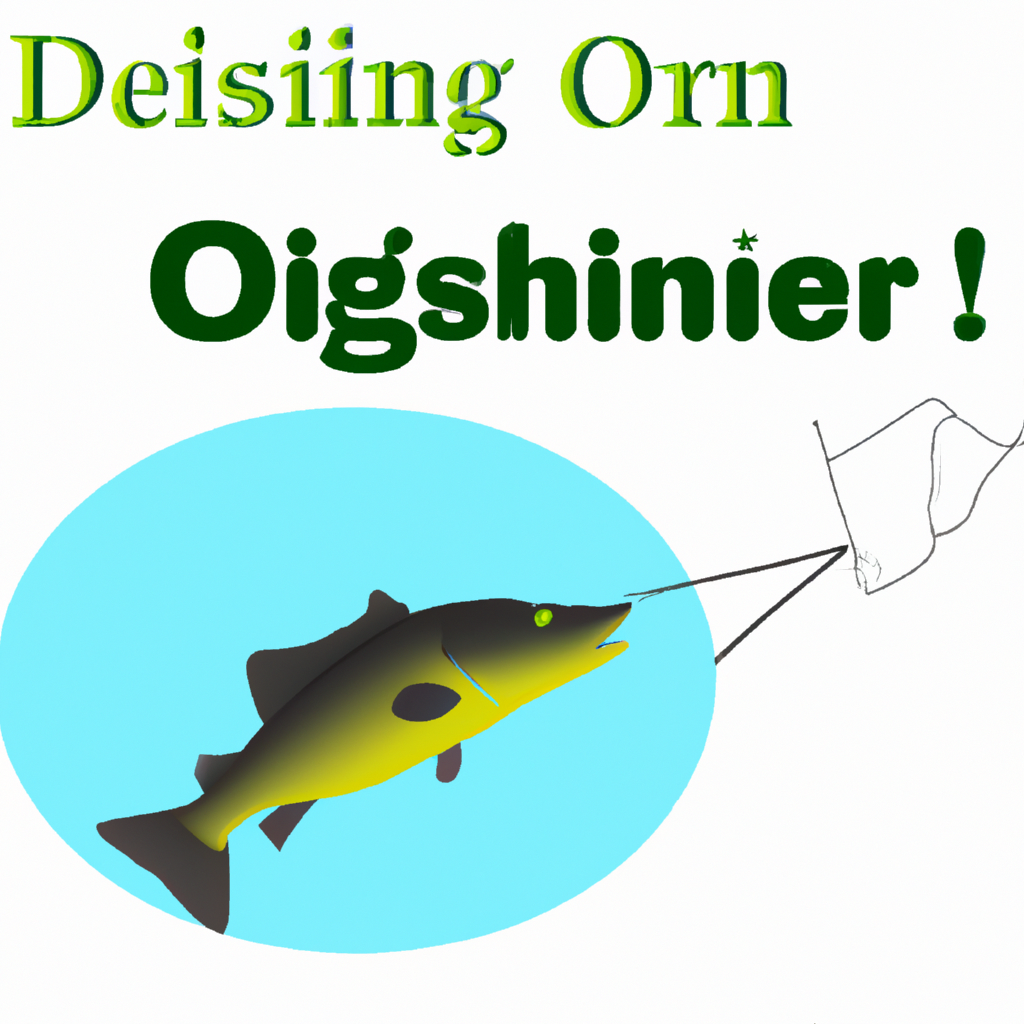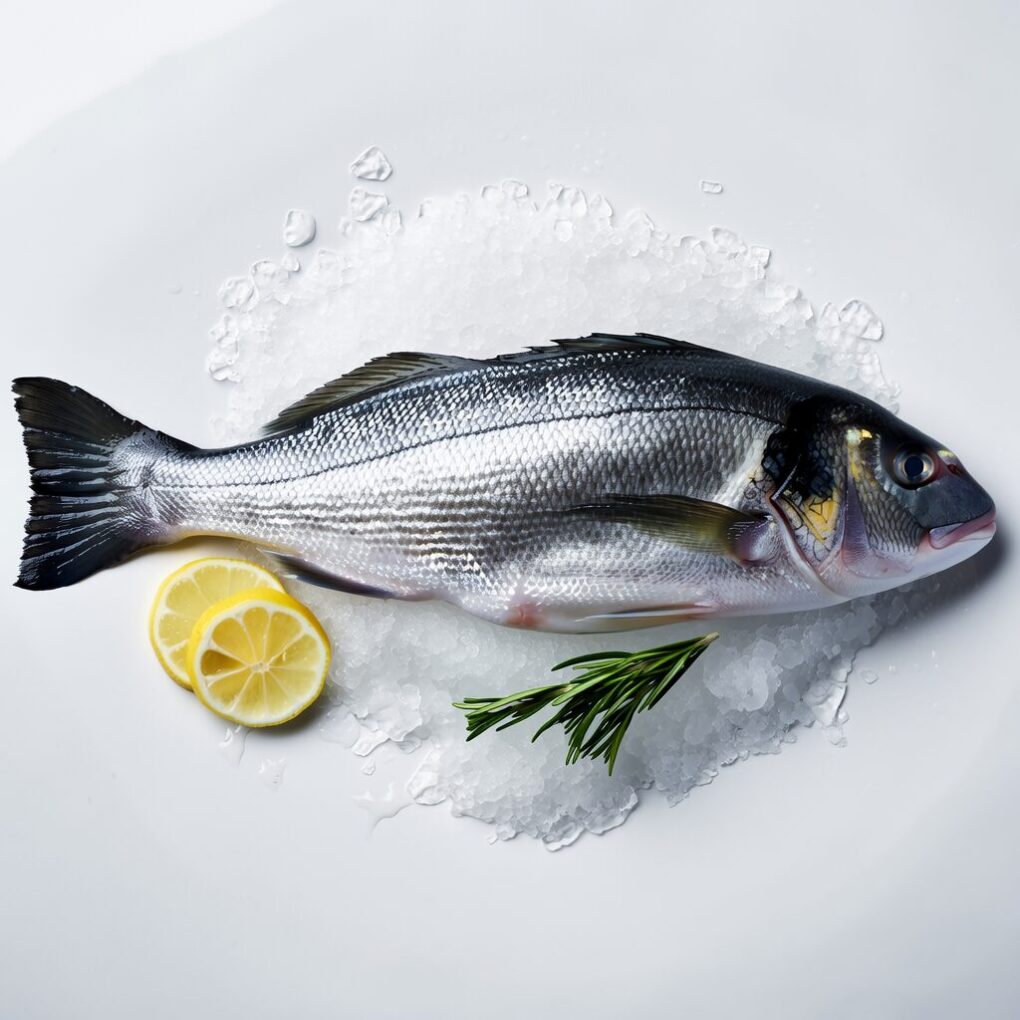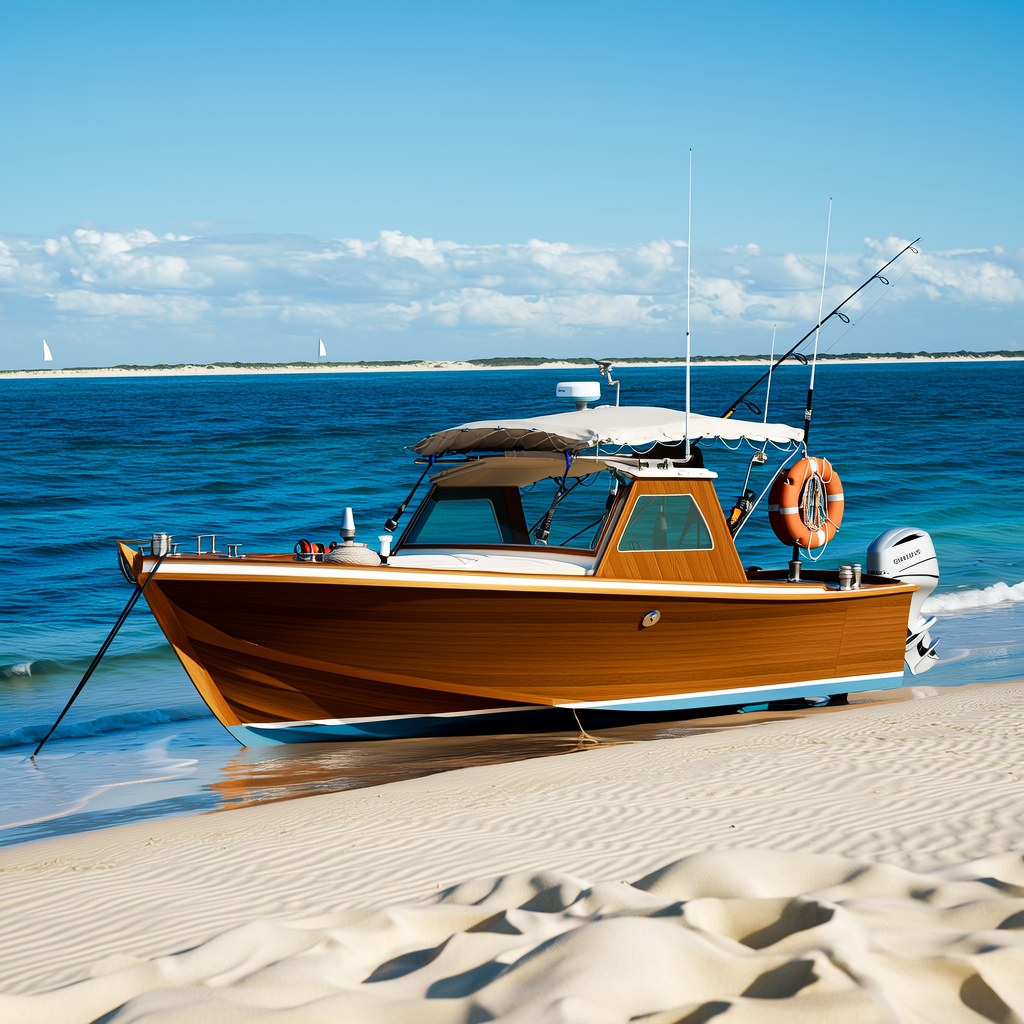Introduction
Residents and tourists alike enjoy fishing in Oregon. To legally fish in Oregon, you must obtain a license from the Oregon Department of Fish and Wildlife. This article will provide detailed information on fishing licenses in Oregon. We will cover how to obtain a license, the types of licenses that are available, as well as the rules and regulations related to fishing in the state.
Why do you need a fishing license in Oregon?
It’s important to know why a fishing permit is needed in Oregon before you begin the application process. Fishing licenses help to conserve and protect fish populations, maintain water bodies’ ecological balance, and support wildlife management. These licenses provide funding for research, habitat restoration, and fish-stocking programs.
Types of fishing licenses
Oregon Fish and Wildlife offers a variety of fishing licenses that cater to different needs and tastes. Here are the most common fishing licenses:
1. Resident License
Residents of Oregon who have lived there for at least 6 months are eligible to apply for a resident license. The license allows the holder to fish in Oregon waters for the entire duration of the permit.
2. Non-Resident License
Individuals who do not meet residency requirements can obtain a non-resident license. These licenses permit non-residents fishing in Oregon’s water for a specified period.
3. Youth License
The youth license is for individuals aged 12-17. It allows youth to fish independently, while adhering certain regulations and limitations.
4. Combination License
A combination license is required to both fish and hunt in Oregon. This license includes both hunting and fishing privileges. It provides a complete outdoor experience.
How to Get a Fishing License In Oregon
Let’s get started on the process to obtain a fishing license in Oregon.
Step 1: Determine what type of license you need
The first step in obtaining a license is to determine which type you require. Are you a resident of the state or a nonresident? Do you need a youth or combination license? Understanding your needs will help you select the right license.
Step 2: Visit ODFW’s Website
Visit the official website of Oregon Department of Fish and Wildlife. The website contains all the information and resources you need to obtain a license.
Step 3: Select a License
Select the license type you require on the ODFW site. Follow the prompts to enter your personal information.
Step 4: Pay the License
After you have selected your license and provided all the required information, the fee will be due. The fee is dependent on the type and duration of the license.
Step 5: Receive your license
After you have completed the payment, a digital or a physical copy of your license will be sent to you. Always carry your fishing license with you when you go fishing, as it may be needed for verification.
Rules and Regulations
In order to ensure the sustainability of fish populations and their conservation, Oregon has certain rules and regulations for fishing. Among the most important rules and regulations are:
1. Bag Limits
Bag limits are the maximum number or fish that an individual may catch and keep in a day, or during a fishing excursion. Bag limits may vary depending on the species, so it’s important to know what they are.
2. Size Restrictions
The size restrictions determine whether a fish can be kept or not. It is important to accurately measure the fish and release any undersized individuals or oversized ones.
3. Openings and seasons for fishing
The seasons and openings of fishing season determine when and where specific species can be fished. Some species may have specific times when fishing is prohibited in order to protect their reproductive cycle.
4. Baits and Techniques Prohibited
Some fishing techniques and lures may be prohibited in order to protect fish populations or habitats. Some examples include the use explosives, electric shock device, and certain types lures.
5. Catch-and Release Policies
In Oregon, some water bodies may have a catch-and release policy that requires anglers to return all fish caught back into the water without harm. This promotes sustainable fishing and helps maintain fish populations.
The Importance Of Ethical Fishing
Fishing is a popular recreational activity, but it is important to follow ethical fishing practices. Ethical fishing is about respecting the environment, treating fish with love, and following all rules and regulations. By practicing ethical fishing anglers help to preserve fish populations and habitats for the long term.
Conclusion
Fishing in Oregon can be a rewarding experience for people of all ages. It is important to obtain a license from the Oregon Department of Fish and Wildlife in order to ensure the sustainability of the fish population and the conservation of aquatic eco-systems. Anglers can enjoy their favorite pastime and preserve Oregon’s natural resources by following rules and regulations and practicing ethical fishing.




